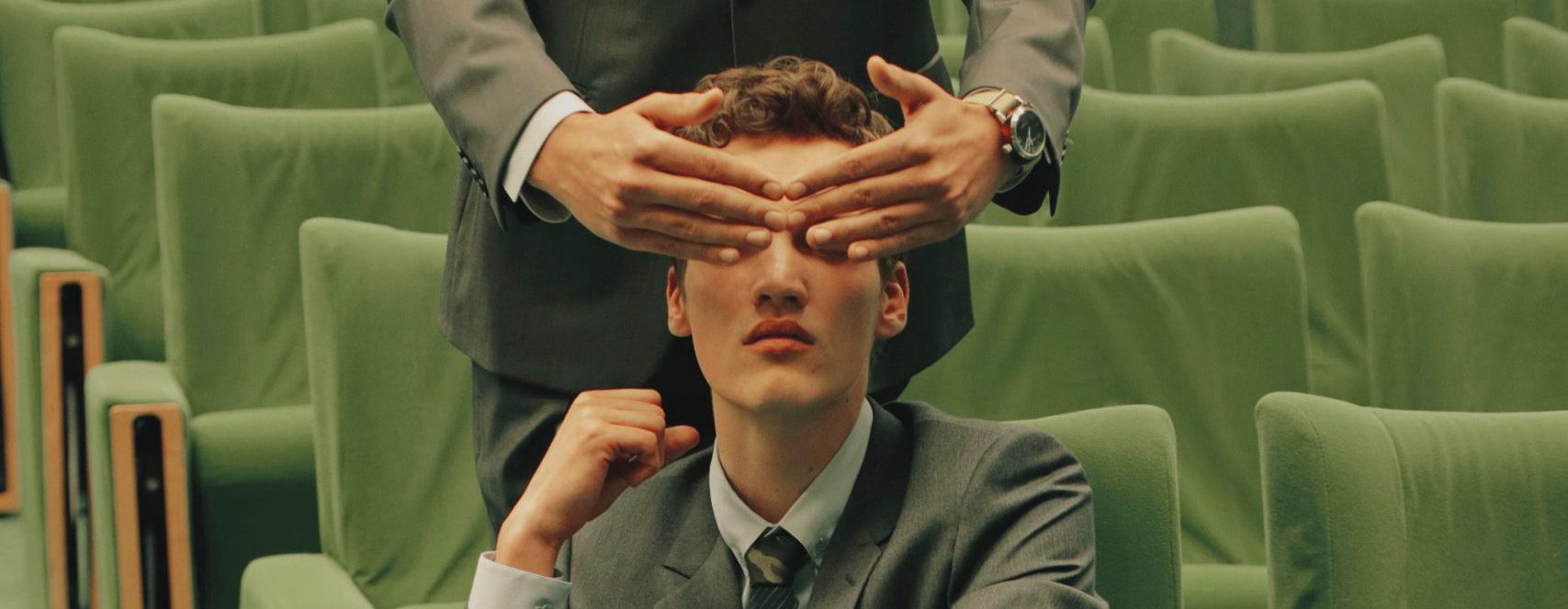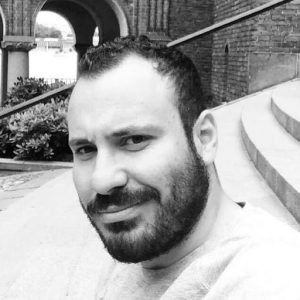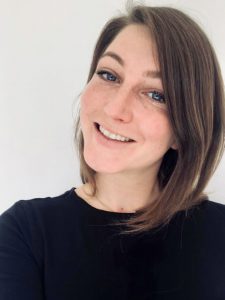The Developmentality blog aims to critically examine the development sector and the systems and structures that shape it, discuss inherited inequalities, and amplify the voices of marginalized people and communities . To do so, it will critically discuss and examine the development sector and the discord between the practice of development, the intended results of interventions, and institutions and structures that govern much of the development work. This blog will engage with the theme of “ICT4D, Aid Work and Communicating development” by applying critical discourse and theories to first-hand experiences and case studies from the development sector, social justice movements, new media and communicating (for) development.
Developmentality: rethinking development.
As academics of Communication for Development, we have been exploring communication within the contexts of articulating global and local processes of social change, drawing on foundations from studies of development, culture, media, communication, anthropology, and sociology. Such a course “plays an important role as witness to global injustice and marginalization” (Mau.se, 2021) and provides tools for investigating development processes, identifying challenges, so that we can contribute to better understanding of impactful and participative programming with long term solutions.Methods
The blog will primarily include written media, such as short blog posts in the form of articles, reviews, and opinion pieces, as well as a variety of visual media and audio-based content – both in the form of source material informing a review or article, and as a medium of communication. Blog posts will be published on a weekly basis and key live events will be hosted for active debating (open for participation, with panelists and external contributors). To ensure our blog’s two-way communication, articles are open for comments (however, we have a “no hate policy”, which means that harmful comments will be deleted). The aim is to build constructive discussions surrounding the topics of Developmentality. Follow us on: Malmo University’s Twitter account Clubhouse YouTubeContext: Development Sector and International Response
The development sector in today’s globalised world is paradoxical: heightened transnational connectedness, encompassing important economic, political, cultural, and environmental dimensions is leading to new opportunities and constraints, as well as possibilities and vulnerabilities (Hylland Eriksen 2014, p.1). Shared global standards (such as human rights), the democratisation of knowledge and power, and the impressive acceleration in speeds of communication, connectivity, and growth, are a number of factors feeding the shifting architecture of the world The international response to humanitarian needs has long been accused of being reactive instead of preventative and rife with unethical power dynamics. The COVID-19 pandemic has laid bare deep-rooted inequalities and reenergised some long-standing critiques about how the development and aid sectors operate. On this backdrop, there has never been a more suited time to examine the structures that shape the development sector today and review the opportunities and challenges for the industry to transform. The global context is becoming increasingly challenging- The world is now facing the highest levels of humanitarian needs in a generation due to longer lasting conflicts and more frequent climate-related disaster events, such as more extreme floods and storms (90% of all 389 disaster events were climate-related, according to a report by the United Nations Office for Disaster Risk Reduction.)
- The world’s most vulnerable are feeling the greatest effects of climate change.
- More people are displaced than ever before (84 million people worldwide had been forced to leave their homes at the end of 2020) and last year, for the first time, more people were displaced by extreme climate than conflict.
We seek to provide a space for discussion and growth. Please look out for upcoming events during which there will be an opportunity for you to speak your mind and enrich the discussion.
About the Developmentality project
The authors of the blog are students with professional and academic backgrounds in development, and intend to build debate and understanding around Developmentality through engaging other students, professionals, and wider audiences. This blog is a short-term project by Mazin Al Balkhi, Jakob Fihn, Clodagh Geoghegan, Indigo Janka, and Erika Granathm, run in the context of the course Comdev – New Media, ICT and Development-HT21 at Malmö University. For five weeks, the authors of this blog will post about a wide range of topics related to power dynamics and mechanisms that enable and restrict relationships between different actors in the development arena, including funding institutions, practitioners, and local communities that are the target of development programs and projects. For more details about the Developmentality blog, please visit our NEWSFEED . Beyond hoping that you will enjoy reading this blog, we hope this blog will inspire and enable you to examine the orchestration of development activities in a nuanced way.Mazin Al Balkhi
Mazin Al-Balkhi has graduated from the English language and Literature Department of Damascus University. Additionally, he studied 2 years at the International and Diplomatic relations faculty. In 2015, Mazin joined the Swedish Institution Alumni, where he successfully completed a Diploma in management and leadership. Professionally, he started as a survey analyst at Acumen company in Damascus. Then he worked as an English teacher in Dubai. He initiated an NGO in 2013 “Jasmine Dream ”. It was dedicated to help Syrian refugees in Egypt, Jordan, and Turkey . Mazin also worked as a project manager, programme manager, and a consultant in the development sector for several INGOs that focus on Syria. In addition, Mazin has founded a translation application focuses on sustainable development.
Jakob Fihn
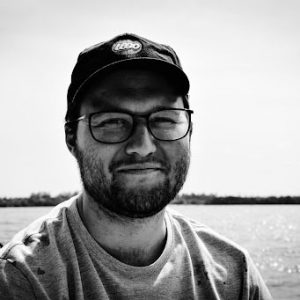
Jakob has a background in international development, with a particular focus on Eastern and Southern Africa. Based in Nairobi, Kenya, he works as a Child Protection Officer for UNICEF. At UNICEF Kenya he supports the programme activities aimed at preventing, mitigating and responding to the protection needs of children in humanitarian situations. In this role, he also works to improve the access to mental health and psychosocial support services and to prevent sexual exploitation and abuse. Prior to this, he held a similar position at UNICEF’s Regional Office in Nairobi. Other previous roles include a research traineeship with the Swedish EOD and Demining Centre, as well as a Political Affairs Traineeship with the Swedish Embassy in Tanzania. Jakob holds a Bachelor’s Degree in Global Studies from the University of Gothenburg.
Clodagh Geoghegan
Clodagh’s choice of pursuing a MAs in Communication for Development at Malmo University after a BA in International Development at the University of Leeds reflects her vision for the future: improving the way we live together and doing things better, with better participation and engagement. Having lived in four continents, travelled extensively, been involved in the humanitarian, philanthropy, events and cultural sectors, her world vision is of adoration and frustration. As a development academic her role is to question the structures in place, understand what may be improved, and attempt to refocus approaches so that people can be central to decision making, and programming may have better impacts and lasting results.
Indigo Janka
Indigo is a communications professional in the conservation sector with a background in advertisement and keen eye for the Zeitgeist. She currently works for Wetlands International as Brand and Communications Manager, contributing to the protection of these biodiverse ecosystems for humans and nature. Born in New York, raised in Germany, studied in the Netherlands, Hong Kong and now Sweden, she was lucky to encounter multiple different cultures – learning to value different perspectives.
Erika Granath
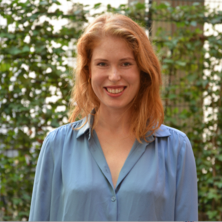
Erika has a background in journalism and health promotion. She manages communication, dissemination and exploitation activities in several international research projects focused on digital health and infectious diseases, including PredictTB, TriageTB, ENDxTB, and EUCANCan. She also works with the MSF Sweden Innovation Unit, outlining the unit’s communication activities’ strategic direction and planning and executing day-to-day communication activities. In addition, Erika holds the role of Head of Communication at Engineers Without Borders Sweden.
